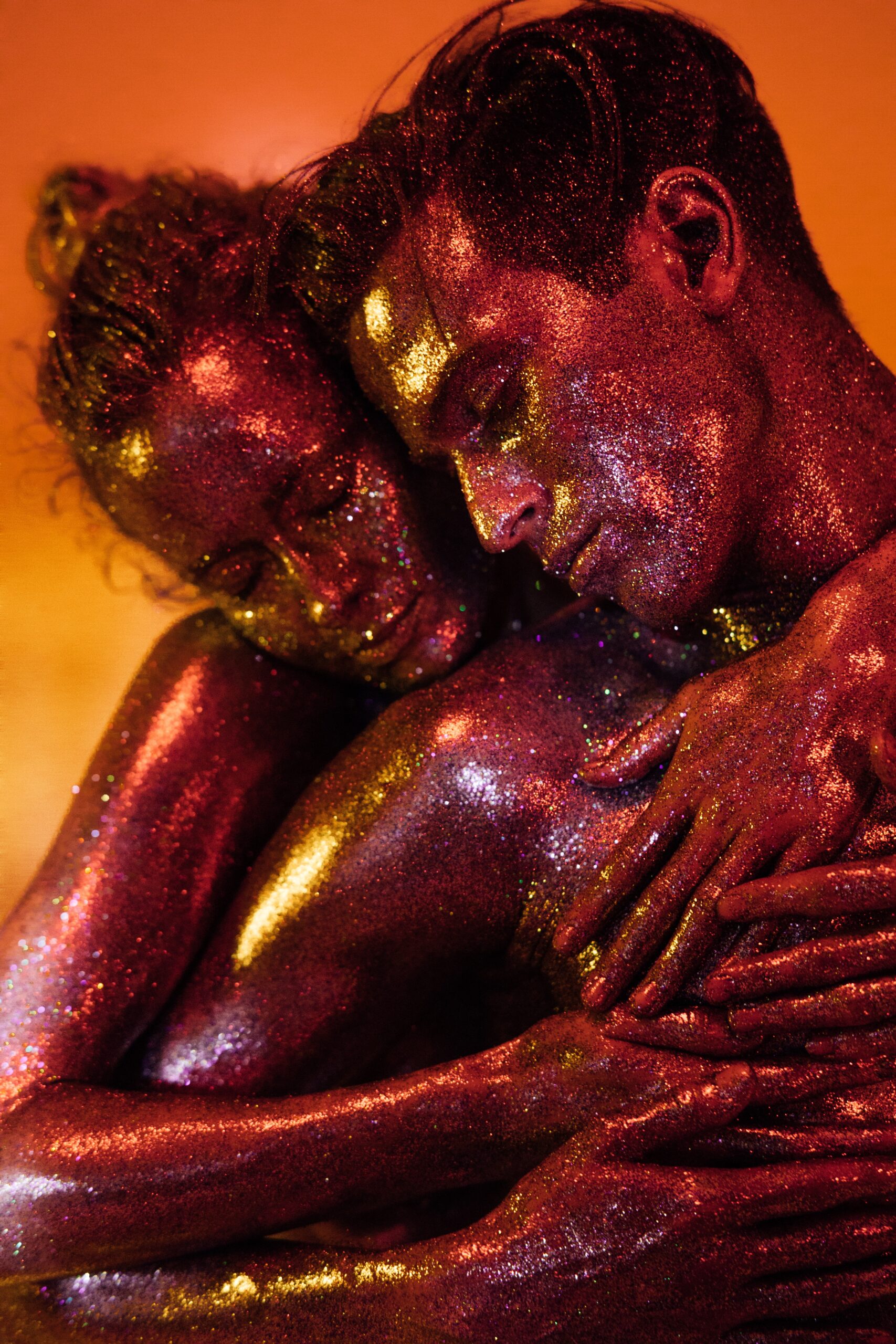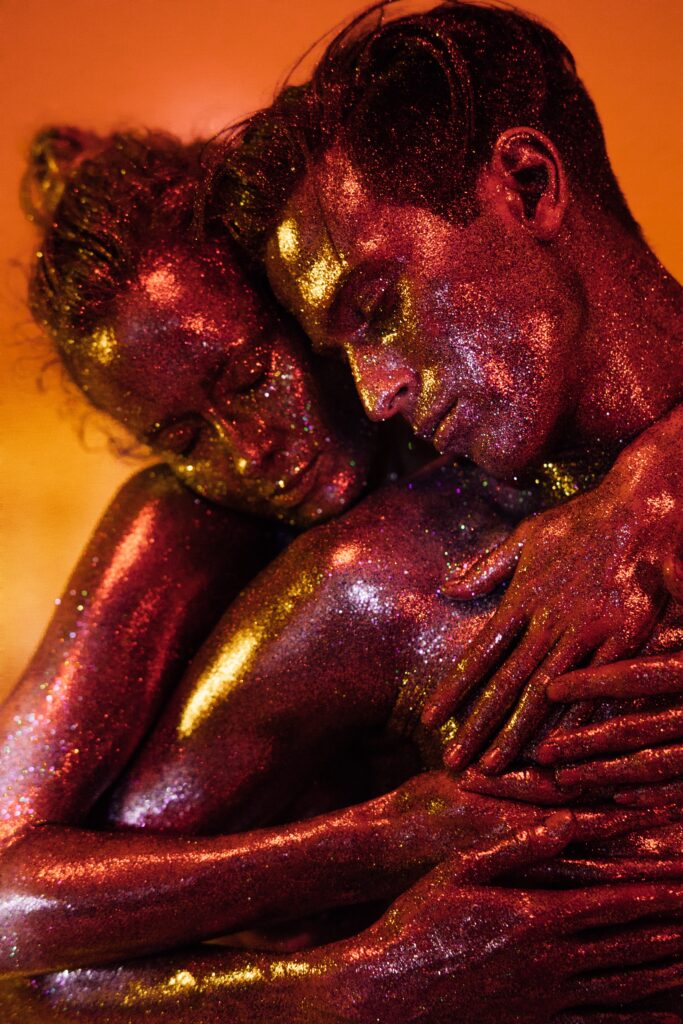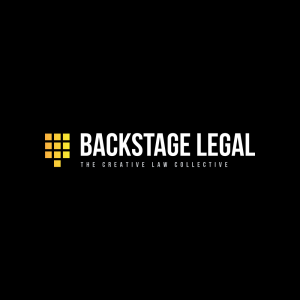
Introduction to Modelling
As we take a closer look at the Dutch modelling industry, we find that progress has certainly been made in regard to safeguarding models’ rights and welfare. In the Netherlands, the fashion industry has taken significant steps towards creating a safer and healthier working environment for models. However, this glamorous world is not without its dark side. The struggles faced by models in the Netherlands don’t go unnoticed.
Exploitation and Discrimination
Exploitation and discrimination are among the harsh realities that models have to contend with, behind all the glitter and glamour. In this article, we will explore the legal, ethical, and moral standards upheld by the Dutch fashion industry. We will also delve into the negative aspects of this industry that call for urgent reform. Our aim is to uncover the truth and promote meaningful change in an industry that still has a long way to go in ensuring the well-being and fair treatment of models.
The issue of exploitation in the Dutch modelling industry is one that we cannot ignore. It is an unfortunate reality that many models, particularly those who are just starting out, often become subject to unfair and exploitative practices by their employers. These practices range from underpayment and long hours without breaks to unreasonable demands and even sexual harassment or assault. Despite the legal protections in place, models may still feel hesitant to speak out against their abusers. The main cause of this is fear of retaliation or losing future job opportunities. This culture of silence can perpetuate the cycle of exploitation and abuse. This ultimately creates a toxic environment for models who are already vulnerable.
Underpayment
Underpayment of models is also a widespread problem. Many models earn far less than the minimum wage for their work. This is particularly true for freelance models, who may not have access to the same legal protections as salaried employees. Additionally, models do not receive compensation for expenses such as travel, accommodation, or meals. This can add up quickly and further exacerbate their financial difficulties.
Unrealistic Standards for Modeling
Another issue is the pressure models face to maintain an unrealistic and often unhealthy body image. This pressure can lead to eating disorders, mental health problems, and physical health issues. Models may be asked to lose weight, even if it means jeopardising their health. Or, they may be rejected from jobs if they don’t fit a certain size or look. This perpetuates the damaging notion that models are commodities to be molded and manipulated, rather than human beings deserving of respect and dignity.
Health Negligence
Furthermore, models must frequently work long hours without adequate breaks or rest. This is not only physically exhausting but can also impact their mental health and overall well-being. In some cases, models have to work through the night, leading to sleep deprivation and exhaustion. These unhealthy working conditions can also make models more susceptible to injury, illness, or even accidents on the job.
Harassment
Another issue, and perhaps the most alarming, is that models may be subjected to sexual harassment or assault while on the job. This can range from inappropriate comments or touching to full-on assault. Despite the existence of legal protections, which derive, for instance, from provisions such as the Dutch Advertising Code (Stichting Reclame Code), models may feel hesitant to report such incidents due to fear of retaliation or blacklisting from future job opportunities. This creates a culture of silence and impunity, allowing perpetrators to continue their abusive behavior unchecked.
Exploitation
The issue of exploitation in the Dutch modeling industry is a complex and multifaceted problem. Needless to say, it requires urgent attention and reform. From underpayment and unhealthy body image standards to grueling working conditions and sexual harassment, models are too often subject to unfair and even abusive practices. By shedding light on these issues and demanding accountability from employers, we can work towards creating a more equitable and just industry for models in the Netherlands and around the world.
Lack of Diversity and Inclusivity in Modeling
The lack of diversity and inclusivity in the Dutch modelling industry is another intricate issue that touches on larger societal problems. The industry’s focus on promoting a narrow set of physical attributes reinforces harmful beauty standards. It ultimately excludes those who do not conform. This harms models who do not fit into this narrow definition. It also sends a damaging message to society about what is considered beautiful or desirable.
The lack of representation for non-white, non-binary, or disabled models is also a significant issue that deserves attention. The fashion industry has the power to shape perceptions and attitudes towards underrepresented groups. Thus, the lack of diversity in the Dutch modeling industry is a missed opportunity to promote a more inclusive and accepting society.
The preference for models from Western European countries can also amount to discrimination against models from other parts of the world. This promotes a Eurocentric standard of beauty and ignores the beauty and talent that exist in diverse cultures. It is important for the Dutch modelling industry to recognize and celebrate diversity in all its forms. It is also paramount to take proactive steps towards creating a more inclusive and equitable industry.
Modeling Improvement Initiative
The fashion industry is an influential force in shaping societal standards and promoting cultural values. As such, it is essential that the industry uphold ethical and moral considerations in all aspects of its operations. In the Netherlands, the fashion industry has recognised the need for such considerations. It has therefore adopted a proactive approach to safeguarding models’ welfare.
The Dutch fashion industry’s commitment to ethical and moral considerations becomes evident through initiatives that strive to improve the treatment of models. By prioritising models’ welfare and ensuring that they have access to adequate resources, the Dutch modelling industry sets an example for others to follow. One of the significant steps taken by the Dutch modelling industry was the introduction of the Model Health Pledge in 2017. The pledge represents a significant shift in the industry’s attitudes towards models’ well-being. It promotes healthy practices and a positive body image. The Pledge also provides much-needed resources for models to seek help when needed, including mental health support.
Conclusion
Thus, while legal protections are critical to safeguarding models’ welfare, the fashion industry must also uphold ethical and moral considerations. The Netherlands’ fashion industry has made significant strides in this regard, with the introduction of measures such as the Model Health Pledge. Nonetheless, there is still more work to be done. Particular focus should fall on promoting diversity and inclusivity and addressing the issue of exploitation. It is up to the industry as a whole to continue pushing for positive change and upholding the highest standards of professionalism and ethical conduct. By prioritising models’ well-being and promoting healthy practices, the Dutch modelling industry could serve as a positive example for the rest of the world. Only through continuous efforts and improvements can the industry truly achieve its potential and ensure that models are treated with the dignity and respect they deserve.


[…] https://backstagelegal.nl/2024/03/28/modeling/ […]